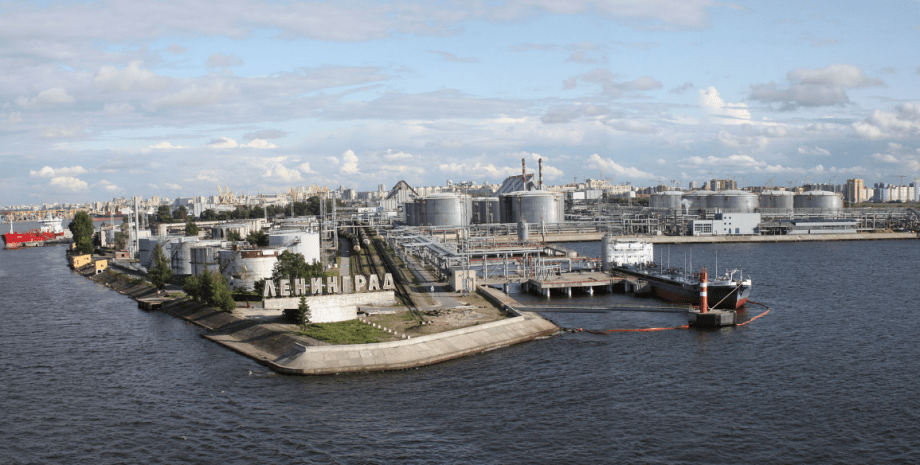
 By Natali Moss
By Natali Moss
Petersburg plans to bring the nitrate transshipment in the future outside the city, probably in Ust-Lugu, which, however, is not ready to accept nitrate, since the port requires modernization of infrastructure. As the media became known, the Great Port of St. Petersburg stopped a nitrate transshipment in February, which is for a port, which is in a difficult position due to sanctions and loss of trade operations with Europe, a significant impact.
According to the results of 2022, this Russian seaport was most affected by international sanctions - its cargo turnover decreased by 37. 5%. According to the results of 2023, the cargo turnover increased by 28%, but still lagging behind 2021 by 20%. According to insiders, the operations were terminated due to the ban of the authorities after the attack of Ukrainian UAVs on the St. Petersburg oil terminal in January 2024. Since then, the Governor of St.
Petersburg Alexander Beglov has been afraid of a possible attack with devastating consequences for the city, since ammonium nitrate is potentially explosive. In addition, by the end of February, the Russian railway (RZHD) introduced a restriction on the load of ammonia nitrate and ammonium nitrate with movement to the bronze stations, autovo, new port for all recipients of cargo.
Rzhd explained this decision with "circumstances that arose due to the restriction of the transshipment in the Great Port of St. Petersburg. In March, the ban was extended, and manufacturers of these fertilizers that shipped products through this port were looking for alternative export options. , the situation is complicated by the fact that in Russia there are not enough port capacities for transshipment of fertilizers, many of which are already regulated.
The most obvious option is the terminal in Ust-Luz, but to redirect the volume of nitrate from St. Petersburg, its infrastructure needs to be modernized under new requirements Shipment in fortified containers. "Therefore, chemical factories are now partially working on the warehouse, but the situation is not critical, since the nitrate now has high demand in the domestic market against the sowing campaign," - said sources "I".
However, according to chemical market expert Installation and reconciliation in Ust-Luz and other ports of new equipment will require considerable time and investment. One of them warned that the transfer to the Ust-Lug would not increase logistics costs, but if another port is taken further, the difference may be noticeable. Recall that the detonation of nitrate was the cause of a powerful explosion in Beirut's port in August 2020. It was in storage rooms.
The reason was the welding work that was carried out at this time. More than 150 people were killed, 5,000 were injured. In addition, the Ministry of Energy of the Russian Federation recognized the stopping of fuel production at several oil refineries against the background of drones in the refinery in different areas. The last attacks of Ukrainian drones have caused the stopping of three refineries in the Russian Federation. Thus, Russia has lost 12% of its oil refining.










All rights reserved IN-Ukraine.info - 2022